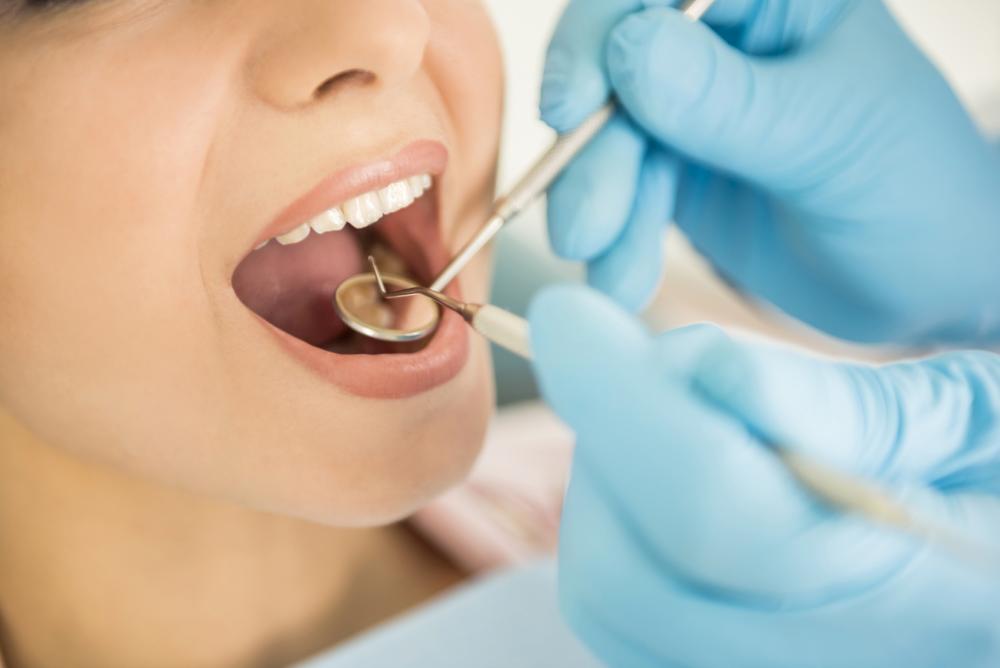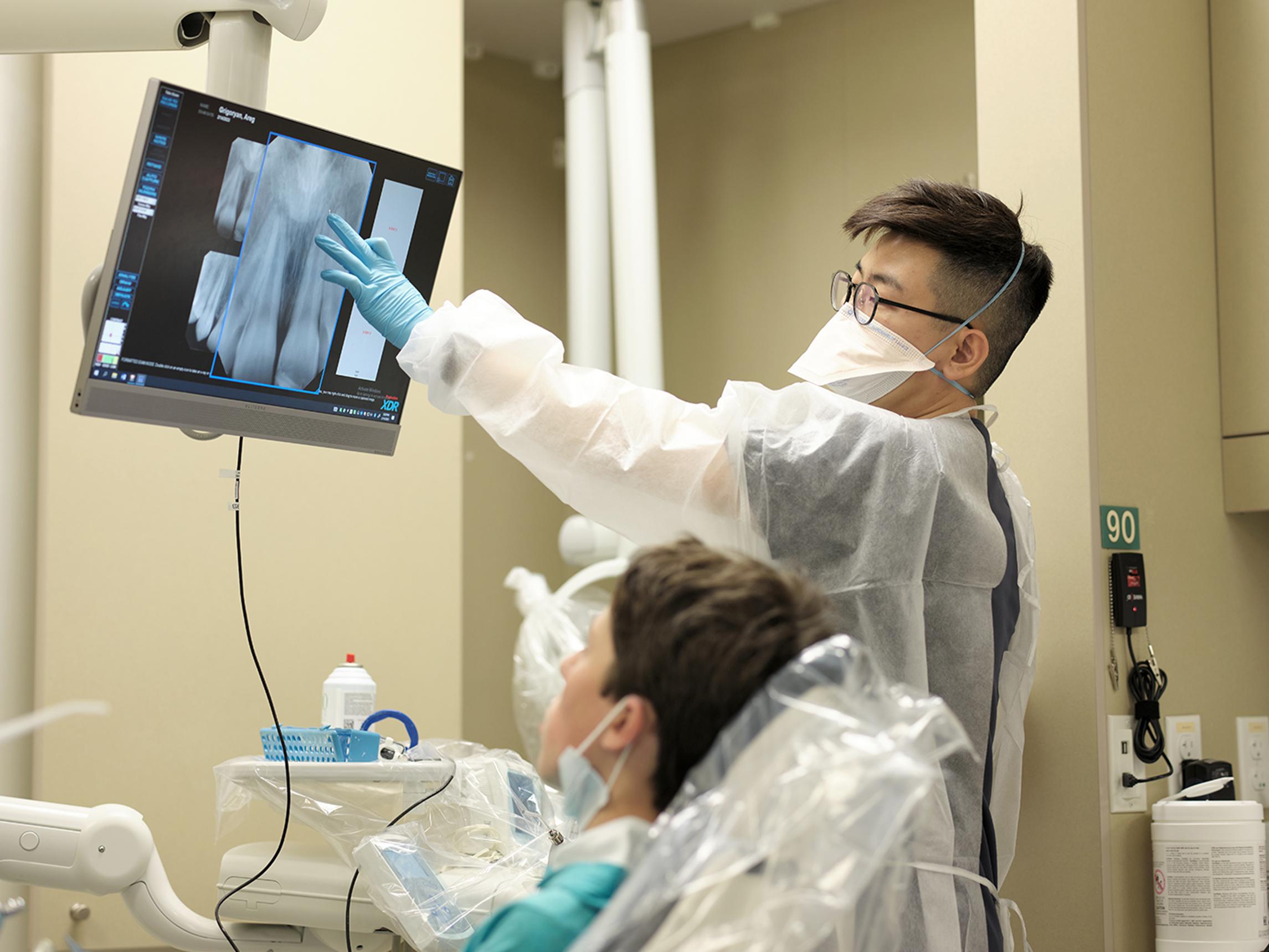Find Out About Constant Dental Concerns Your Dental Practitioner Can Settle
Comprehending constant dental concerns is vital for keeping optimum oral health and wellness. Concerns such as tooth cavities, periodontal disease, tooth sensitivity, foul-smelling breath, and dental cavity are typical yet frequently ignored till they come to be severe. Dental experts have the proficiency to diagnose and treat these problems, thus protecting against further complications. Regular dental brows through and customized treatment strategies can deal with these problems successfully, ensuring a healthier and brighter smile. What certain therapies do dental practitioners use to combat these problems, and exactly how can early intervention make a difference? The solutions to these concerns use beneficial understandings right into safeguarding your dental health and wellness.
Dental Caries
Tooth cavities, additionally called oral decays, are a common oral wellness concern triggered by the demineralization of tooth enamel as a result of acid manufacturing from microbial plaque. This procedure starts when microorganisms in the mouth metabolize sugars and starches from food, generating acids that wear down the enamel. Otherwise resolved without delay, this disintegration can penetrate much deeper right into the tooth, impacting the dentin and eventually the pulp, potentially causing serious pain and infection.
The onset of cavity formation often present as white areas on the tooth surface, indicating first demineralization. As the procedure advances, these areas can create into black or brown sores, symbolizing much more substantial degeneration. Routine dental examinations are vital for very early detection, as cavities in their incipient stages can be treated with remineralization techniques, such as fluoride therapies.
Dental practitioners typically remove the decayed section of the tooth and fill up the tooth cavity with products such as composite resin, amalgam, or ceramic. Preventive steps, consisting of excellent oral health techniques and dietary alterations, play a critical role in alleviating the danger of cavities.
Gum Tissue Disease
While cavities represent a substantial concern for oral wellness, another essential concern that demands attention is gum tissue illness. Additionally referred to as gum illness, gum tissue disease is an inflammatory problem affecting the cells bordering and sustaining the teeth. It is largely triggered by the accumulation of plaque-- a sticky movie of germs that develops on teeth.
Gum disease proceeds with phases, starting with gingivitis, defined by soreness, swelling, and hemorrhaging gums (dentist eugene oregon). If left unattended, gingivitis can escalate to periodontitis, where the internal layer of the gum tissue and bone pull away from the teeth, forming pockets that come to be infected. Gradually, the contaminants produced by the germs damage down the bone and connective cells that hold teeth in position, potentially resulting in missing teeth
Very early detection and therapy are essential. Professional oral cleansings and improved oral hygiene techniques, such as brushing twice day-to-day and flossing, can manage gingivitis. For advanced phases, treatments might consist of scaling and origin planing, anti-biotics, and even medical treatments.
Regular dental check-ups play an essential role in managing and avoiding gum illness. Dentists can identify early indications and recommend appropriate treatments, guaranteeing the upkeep of healthy and balanced periodontals and total oral wellness.
Tooth Level Of Sensitivity
Tooth sensitivity influences countless individuals worldwide, providing a common yet commonly upsetting dental problem. This condition develops when the enamel, the outermost safety layer of the teeth, is endangered, revealing the underlying dentin. The dentin has tiny tubules that lead straight to the dental pulp, where nerves reside. When subjected to stimuli such as warm, cold, sweet, or acidic substances, these nerves are set off, triggering sharp discomfort or discomfort.
Several aspects add to enamel erosion and subsequent tooth level of sensitivity, consisting of hostile cleaning, acidic foods and drinks, periodontal economic downturn, and bruxism (teeth grinding) Furthermore, dental treatments such as teeth bleaching can briefly enhance sensitivity.
Foul Breath
One more common dental issue that affects people' everyday lives is negative breath, medically described bad breath. Halitosis usually stems from bad oral health, which permits food bits to stay in the mouth, cultivating bacterial development.

Dental practitioners play an important role in treating and identifying halitosis. They can determine the origin reason via a thorough evaluation and supply customized suggestions and treatment plans. Suggestions might include enhancing dental health practices, such as regular cleaning and flossing, utilizing antibacterial mouthwashes, staying moisturized, and attending to any dental problems. Sometimes, a recommendation to an expert might be essential to take on underlying health and try this web-site wellness issues contributing to halitosis. Efficient administration of bad breath not only improves dental wellness however additionally significantly boosts top quality of life.
Dental Caries

Preventing dental caries includes a mix of excellent dental hygiene techniques and regular dental check-ups. Brushing teeth at the very least twice daily with fluoride toothpaste, flossing to eliminate plaque in between teeth, and limiting the intake of sweet foods and drinks are crucial preventive steps. Fluoride treatments, oral sealants, and expert cleansings given by a dental expert can likewise play a significant function in strengthening enamel and protecting against decay.
When dental cavity occurs, early treatment is key. Dental experts can eliminate decayed tissue and bring back the tooth with fillings made from products such as composite material, amalgam, or porcelain. In even more advanced situations, treatments like crowns, root canals, or removals may be necessary. By dealing with tooth decay quickly, dental practitioners help maintain oral framework and function, making sure long-term oral health and wellness.
Verdict
Attending to typical oral problems such as tooth cavities, periodontal condition, tooth level of sensitivity, bad breath, and dental cavity is vital for keeping optimum dental health and overall health. Dental experts possess the experience to diagnose and deal with these issues efficiently, guaranteeing customized care for each patient. Normal oral examinations and safety nets are essential in identifying and handling these issues early, promoting a much healthier and more confident smile over a life time.

Tooth decay, also understood as dental decays, takes place when the enamel, the outermost layer of the tooth, is worn down by acids created by germs in the mouth. Brushing teeth at least twice daily with fluoride tooth paste, flossing to eliminate plaque between teeth, and restricting the intake of sweet foods and drinks are important precautionary steps.Resolving common oral issues such as dental caries, gum condition, tooth level of Bonuses sensitivity, poor breath, and tooth decay is critical for preserving optimum oral wellness and overall well-being.